Hi All,
I've been deep in the bowels of bitcoin history looking at the famous 184 billion bitcoin overflow bug of August 15th, 2010, however I've been struggling to understand/explain the exact timing of what happened in this incident.
According to popular block explorers, block 74637, which I understand is the block before anything went wrong, happened at Sun, 15 Aug 2010 05:02:43 -0600, or timestamp 1281870163. This has been the time present in every block explorer I look at such as these two:
- blockchain.com/explorer/blocks/btc/74637
- btcscan.org/block/0000000000606865e679308edf079991764d88e8122ca9250aef5386962b6e84
I understand that bitcoin blocks happen on average once per 10 minutes, so I would expect that the next bitcoin block would be produced at roughly Sun, 15 Aug 2010 05:12:43 -0600 or timestamp 1281870763.
However, Jeff Garzik, when he first makes note of the infamous block 74638, which is the block with the overflow problem, the timestamp that he quotes as being *in the problematic block with the overflow bug\* is 1281891957, which is not until August 15th, 2010 11:05:57 AM MDT - more than 5 hours later. We can see the timestamp clearly here in his post: bitcointalk.org/index.php?topic=822.0
I can't explain this 5 hour delay. This isn't the fixed version of block 74638. It's the glitched version that Jeff is reporting as having a problem. Shouldn't the glitched block 74638 have been produced approximately 10 minutes after block 74637? It seems like the entire blockchain is delayed by 5 hours. As I understand it, the problem was integers overflowing, and nothing that should have delayed the blockchain in any way.
Furthermore, I don't see why there should be any 5 hour delay at all in the bitcoin blockchain itself. If there is a serious problem and it's diagnosed within an hour of being reported (as we can see on the BitcoinTalk thread above), and there are code fixes with a soft fork shortly thereafter, don't some miners start mining on the soft fork version of the chain right away? Shouldn't their modified clients reject the glitched version of the chain and those miners should be building their own glitch-free chain together the moment any of them start to mine a non-glitched block? They can start getting the 50 BTC rewards assuming what the mine becomes the new chain. So why should there need to be a 5 hour gap at all, as far as the official block timestamps are concerned?
Thanks and sorry if this specific information is published somewhere but I seriously haven't been able to figure it out yet in several sources I've read so far. Thanks again.
[link] [comments]

You can get bonuses upto $100 FREE BONUS when you:
💰 Install these recommended apps:
💲 SocialGood - 100% Crypto Back on Everyday Shopping
💲 xPortal - The DeFi For The Next Billion
💲 CryptoTab Browser - Lightweight, fast, and ready to mine!
💰 Register on these recommended exchanges:
🟡 Binance🟡 Bitfinex🟡 Bitmart🟡 Bittrex🟡 Bitget
🟡 CoinEx🟡 Crypto.com🟡 Gate.io🟡 Huobi🟡 Kucoin.






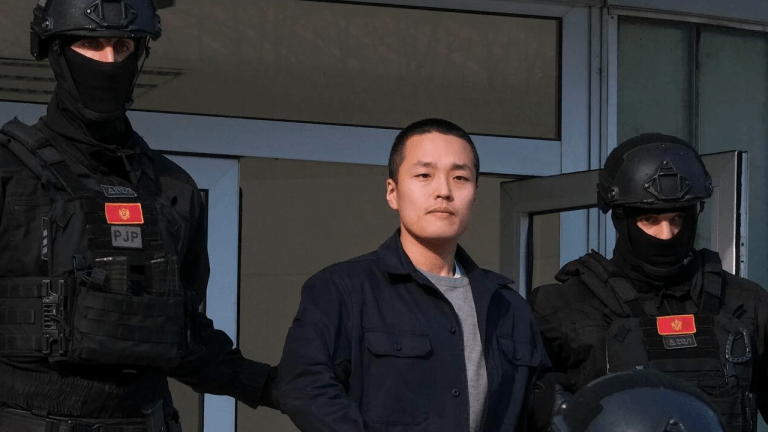
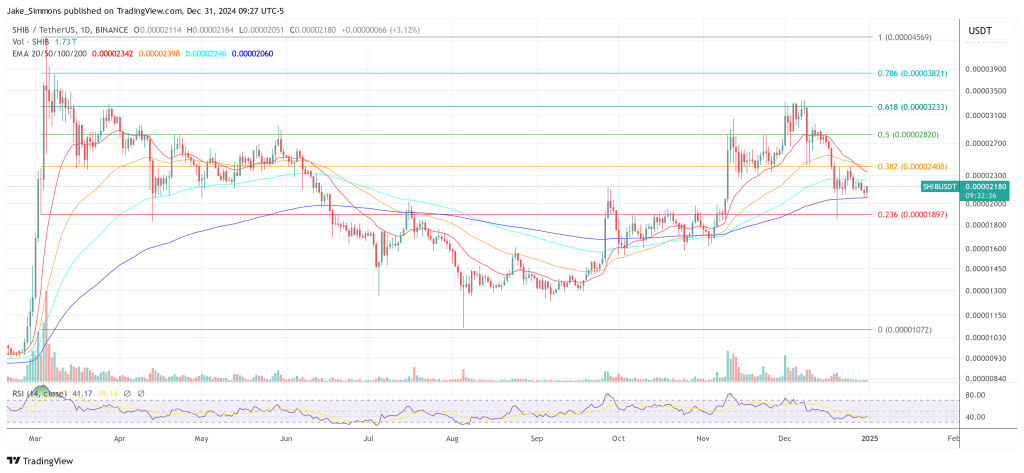


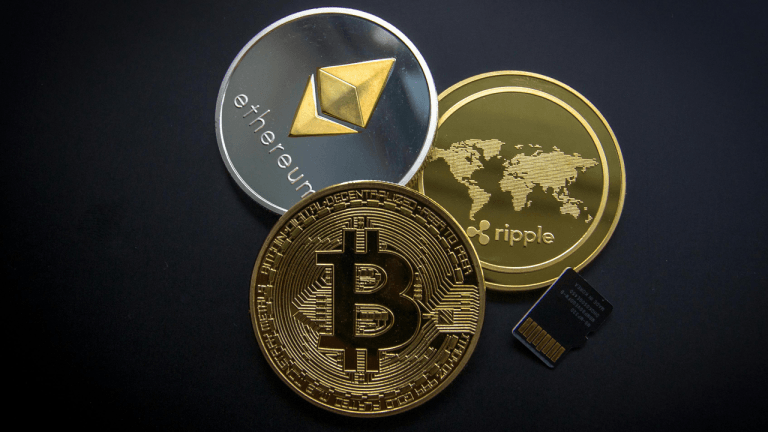



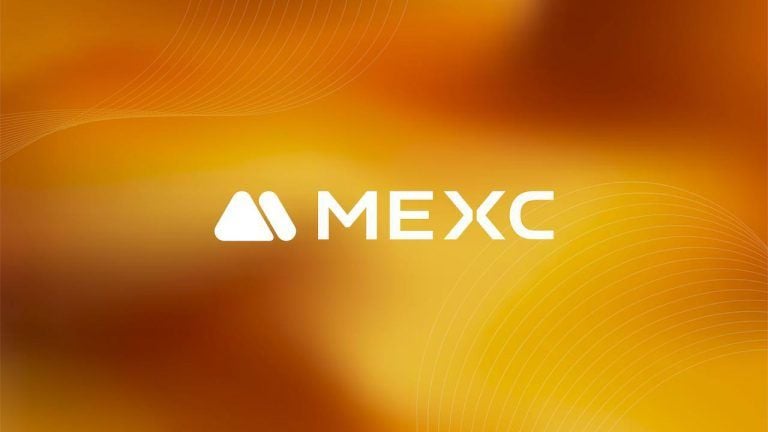

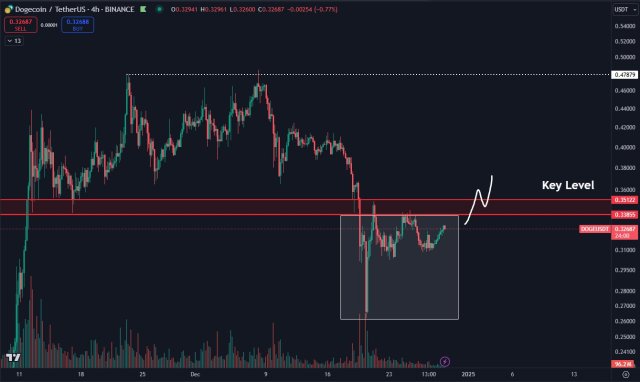

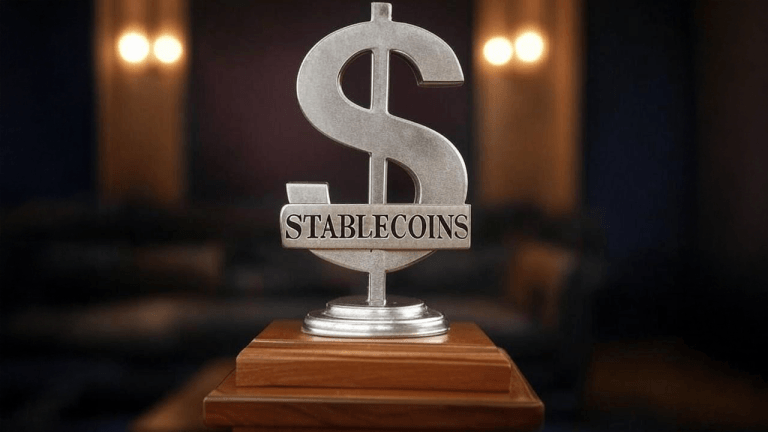

Comments